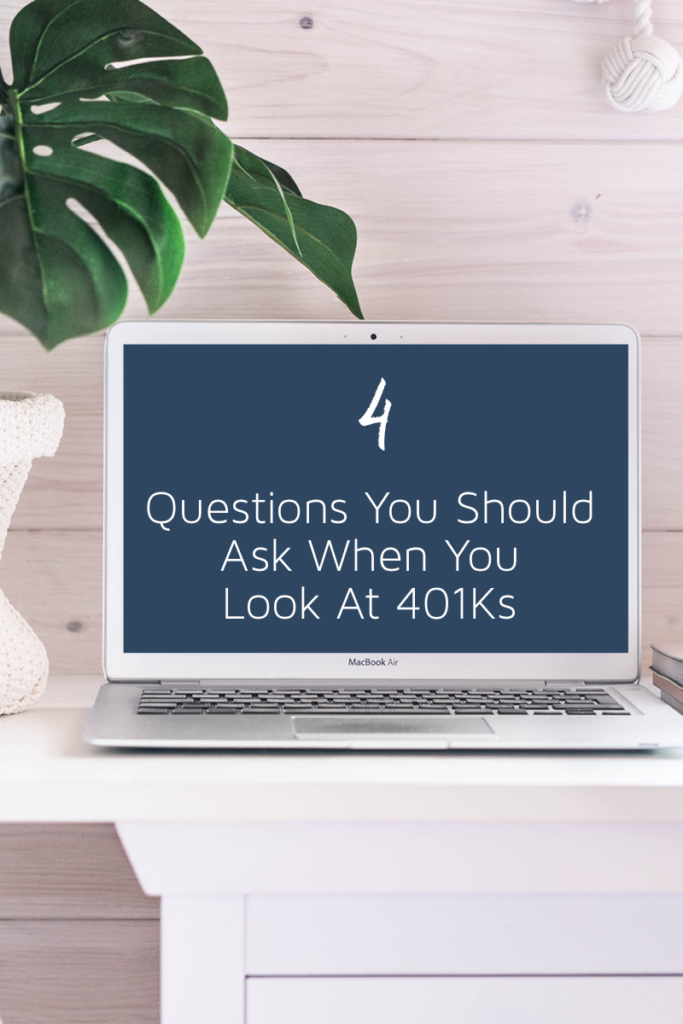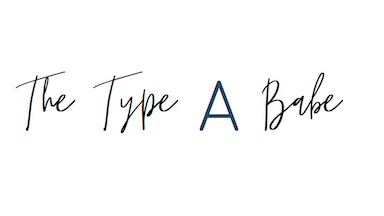
Now that you are familiar with what the common terms are for retirement accounts, you should now feel at least slightly more confident to understand your options. And that’s all you need right?
Not really. Understanding the basic terms is great, but there is more to consider when deciding on a retirement account. Lots of times, people don’t think about asking these questions before they opt into a program. And I know this cause when I first started contributing to a retirement account, I had no idea about these things. So, here are 4 questions you should also ask while considering a retirement account that you may not think about.
1) What are the fees for this plan?
As with any investment fund that you choose to invest in, there are going to fees associated with a retirement account. When I first started out, I had no idea these existed, so I don’t know what they are on some of my first 401K accounts. I should probably go check that out.
There are usually three main types of fees related to a retirement account; investment, administrative, and individual service fees. There is lots of information on the internet as to what these are in detail that you can dig into if you really want to, but the main thing I want to stress here is being aware that they exist.
When considering which retirement account to go with, make sure to ask what these fees are. You don’t want to end up with a 5% fee that you were not aware you are paying. That’s money out of your pocket! In general, these fees are between 0-3% but this can vary by company.
Also, if you are contributing through a 401K through your work, make sure to ask if they cover any of these fees. In the same meeting at my current job where I learned these fees were a thing, I also was told that my company covers 2 of them, which helped me not to freak out as much.
2) Is there a matching program?
This is mainly for 401K accounts with an employer, sorry IRA people. I am sure when you look at benefits offered at companies you have applied to or looked at in the past, you may have seen a 401K matching line. This is great! When a company does this, it means that for every dollar that you put into a retirement account, they will match it. Free money!
While this seems great, there are ways that employers can make getting matching contributions more complicated. So, as you are looking into accounts at work, make sure to look at the criteria that you need to qualify for the matching program.
Do you have to be at the company for a year before they will start matching? What is matching percentage? Is it 1:1 or is it for the first 6% of your contribution they will contribute 0.25%? That second one was the matching policy at my previous company, at least I think it was based on the booklet I got.
Don’t miss out on free money!
3) What is the rollover process?
If you have worked at multiple places, you could have multiple different 401K accounts. While this may not seem like a big deal, when you go to look at your balances in the future, you will have to remember where they are and your account information to view them. Imagine trying to remember a password after 10 or 20 years! I have trouble remembering passwords for things I signed up for yesterday.
So, one way to stay on top of this is to rollover old retirement accounts into the current one you are using. Yeah, only one password needed! But this process can see overwhelming if you don’t know how to approach it.
Make sure to ask what the process is to rollover other accounts, like timeline, what paperwork do you need to have? And get that paperwork during that conversation! Having it will help you take the steps of actually consolidating these accounts.
4) Does this plan have a contact that I can reach out to if I have more questions?
Saving for retirement can feel very overwhelming not only because it’s a new language and idea, but also because in the back of your mind you know it has a long-term impact on you. It would suck to think you were doing something but then when you go to withdraw the funds when you retire, it’s not what you expected.
That’s why even though you may understand the basics, you can still have lots of questions. I mean, I feel pretty confident that I understand the basics of this stuff, it still feels overwhelming and I still have questions. And employers know this, so they may have a contact that helps with their plan that can answer some of these questions for you.
Even if you think you have everything down, it’s good to get this contact information just in case anything comes up that you may want to ask someone who specializes in this stuff! Better to be safe than sorry.
Now that you have these questions, you should be able to go into the process of looking into a retirement account and feel more confident that you know what is happening! Do you have any other questions you think are good to ask when looking at retirement accounts? Let me know in the comments!


